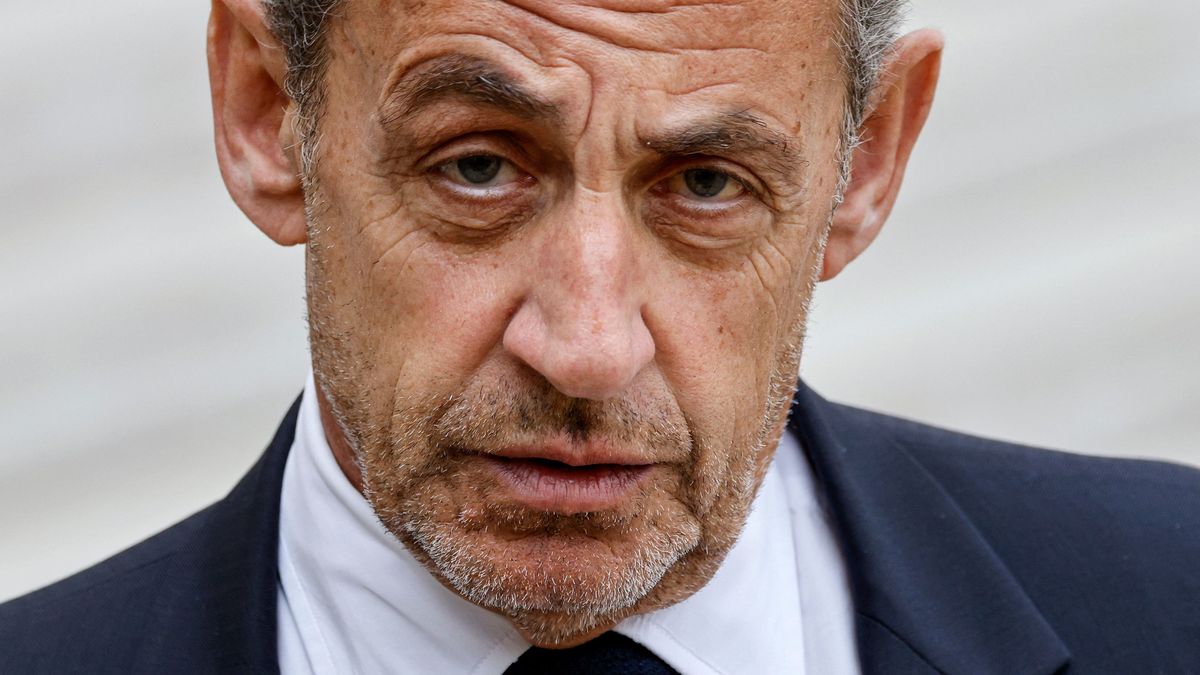In Uruguay Collective negotiations continue to advance within the framework of the 10th Round of Salary Councils headed by the Ministry of Labor and Social Security (MTSS). In this context, the consulting firm CPA Ferrere identified what challenges the country faces in this matter, and what proposals can be addressed in this regard.
The report “Collective bargaining and job training in Uruguay. Evaluation, opportunities for improvement and proposals”, prepared by CPA Ferrere, is launched at a particular moment for the country: more than a third of the negotiating tables – a total of 200 – have already signed an agreement within the framework of the current round of the Salary Council, according to the head of the MTSS, Pablo Mieres; although some sectors still maintain high levels of conflict due to disagreements in tripartite talks.
Regarding the Collective negotiation as a labor market tool, the consulting firm assured that it already has a strong roots in Uruguay, both in workers’ organizations and in businessmen, the government and society in general. This means that the questions do not focus on the modality itself, but on the roles of the parties, the contents and the forms of negotiation.
In this sense, some challenges that this negotiation instrument—in force since 1943, starting with Law 10,449; and updated by Law 18,566 of 2009—still has a way to go.
The challenges of collective bargaining
CPA Ferrere pointed out as the first challenge the heterogeneity present in the labor market, between and within the different sectors – as well as between and within the different regions of the country – which must be considered when defining salary guidelines and adjustments, especially in terms of productivity of the job. This heterogeneity is accentuated by technological innovations, more or less present depending on the sector.
However, this important difference or variability is “a barrier to collective bargaining being a effective mechanism for the allocation of resources and the generation of employment at an aggregate level.” The main obstacle is the lack of information to estimate basic productivity indicators for all branches and sub-branches; mostly, from the lack of direct representation of all of them in the negotiations. The result is that salaries are usually set by large companies, making work more expensive and limiting job creation in the rest of the companies.
Another challenge that collective bargaining has in Uruguay is the insufficient coordination between the criteria for setting salaries and other issues related to the country’s economic policy; or even between the criteria used for limited competition markets, regulated markets and the public sector.
Finally, CPA Ferrere pointed out the suboptimal balance as a final challenge; That is, the disagreements with the current state of collective bargaining, despite the fact that they have been maintained in this way for a long time. This balance below the general expectation is generated as long as “none of the relevant parties in the functioning of the system considers that the benefits associated with the changes they believe necessary would outweigh the risks they would face.”
minimum wage.jpg
The consulting firm CPA Ferrere identified the main challenges of collective bargaining in Uruguay.
Proposals for better salary negotiations
Now, in its report, the financial consultancy also makes certain proposals or recommendations, both short and long term, to address future collective bargaining what to face Uruguay.
In this sense, the recognition of heterogeneity is the first of them, understanding that the current system, although it attempts to do so, does not achieve it adequately. “It seems advisable to advance in the definition of representativeness thresholds of the agents involved in the negotiations, enable differentiated salary floors defined based on evidence-based indicators, allow flexibility in the definition of tasks and categories in small companies exposed to marked seasonal conditions, and make use of differentiated extensions of the validity periods of the agreements,” indicated CPA Ferrere.
Along the same lines, it will be key to consider the size, location of the company and the seasonality of the activity when setting salaries. Something that, in addition, they pointed out as essential for the next round of negotiations, considering the current aspects that affect the labor market, such as exchange difference and the price gap with Brazil and, particularly, with Argentina.
Another proposal is the protocolization of transparent clauses for cancellations; That is, so that a company does not comply with what is established by the current agreement. The criteria for these cases should be defined by law or by decree of the Executive Branch – after due advice – according to the report.
Negotiations should also be encouraged based on a “menu” of predefined options. This, again, in order to better cover heterogeneity, including an option for micro and small businesses, leaving aside the unique formulas —generally dictated for larger companies.
The promoting evidence-based agreements is another of the recommendations that CPA Ferrere made in the document, already considering a longer period for its application: the objective is to improve the information systems that support negotiations and salary agreements, based on the constitution of an institutional environment for this. .
Finally, the last proposal is regarding the coordination between salary settings and general economic policy, for which it was proposed that the Ministry of Economy and Finance (MEF) have an agenda with explicit objectives—in terms of an anti-inflationary program and a “salary deindexation strategy “feasible”—that allows determining the salary policy. And, then, that the MTSS effectively acts in a manner consistent with the general objectives of economic policy.
Source: Ambito




